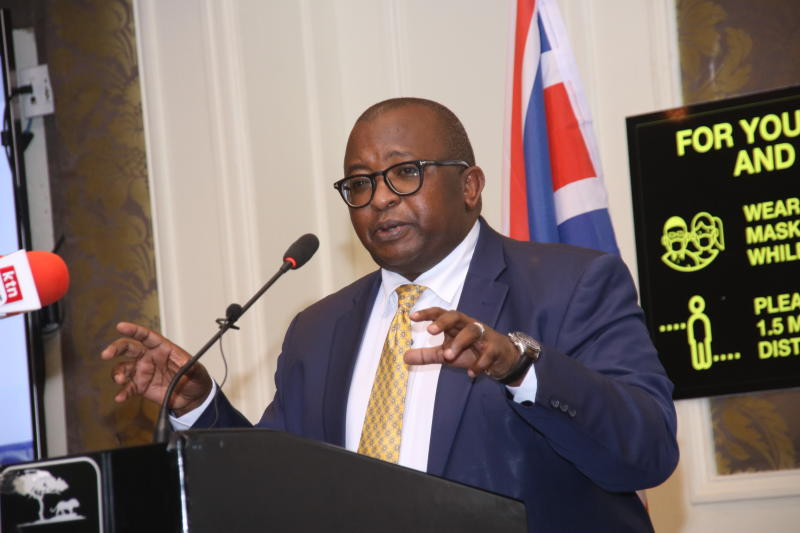×
The Standard e-Paper
Stay Informed, Even Offline

In a ceremony at State House, Nairobi, on Tuesday, President William Ruto assented to the controversial Affordable Housing Bill making it a mandatory contribution for every Kenyan.
This now means that Kenyans will continue paying the housing levy with a 1.5 percent tax from both the employer and the employee and a 1.5 percent turnover tax for those in informal sectors.